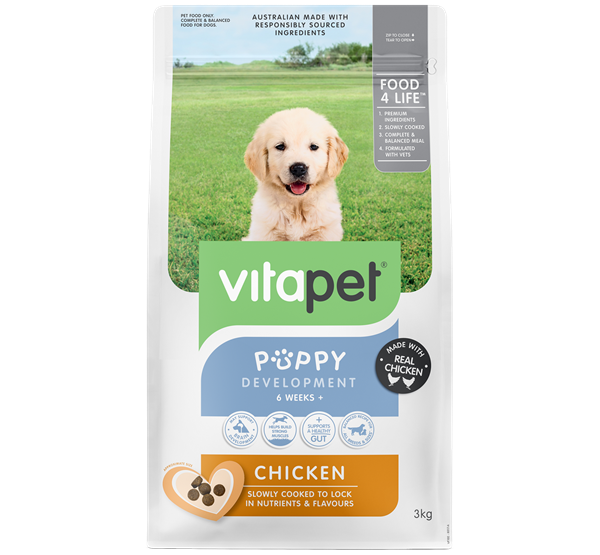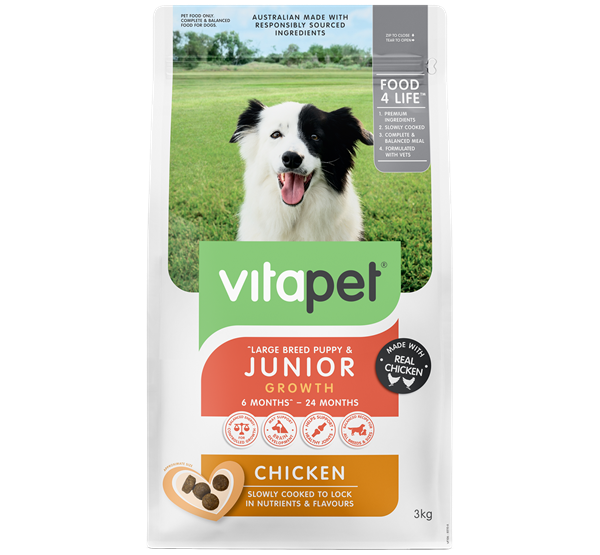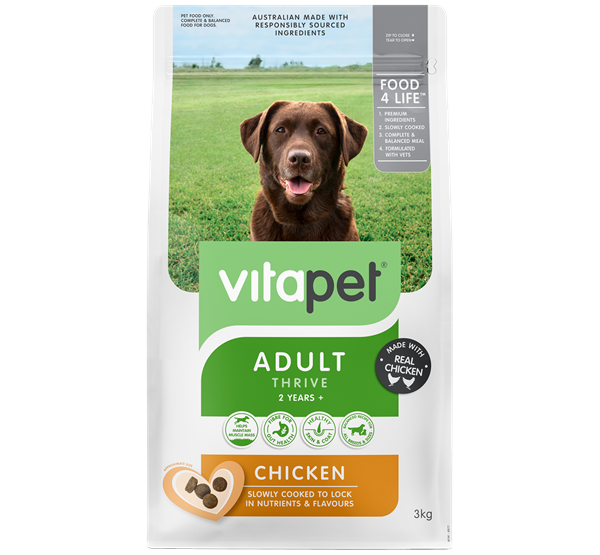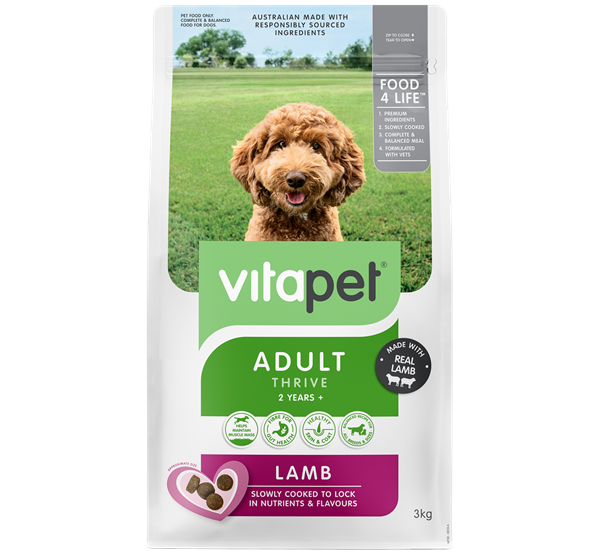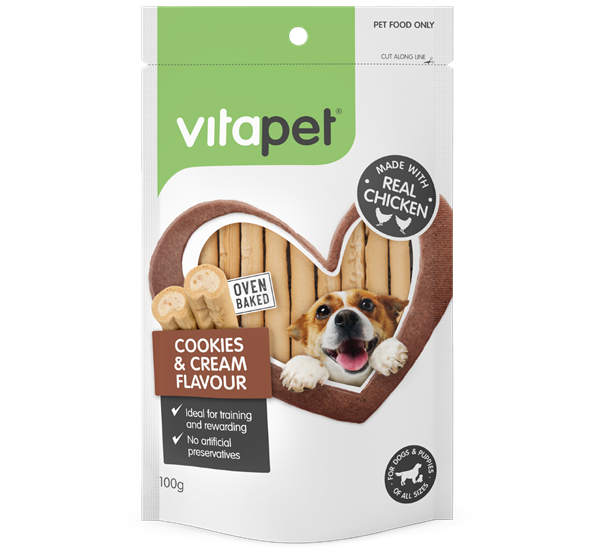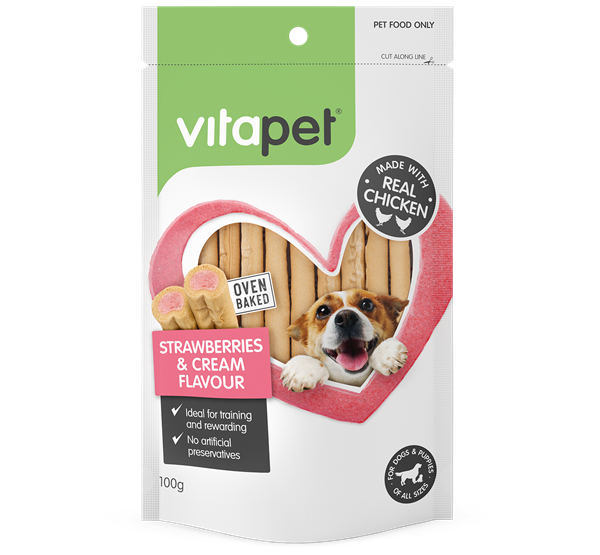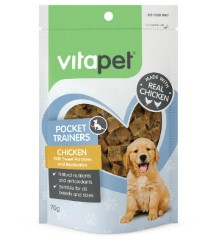Skin Care for your Dog
Your dog’s skin is their largest organ, creating a vital barrier protecting the body from potential allergens, toxins and pathogens. Whether your dog’s skin is in a healthy or unhealthy condition can impact their quality of life and comfort levels.
So, what can you as a pet owner do to help your dog’s skin be the best it can be?
Healthy skin starts with a healthy diet
Feeding a well-balanced, high-quality diet is the single most important thing a puppy parent can do to help their dog’s skin maintain optimal health. This means avoiding low-quality cheap foods, in favour of doggy diets with high-quality protein and additional supplements that benefit the skin.
During my veterinary consultations, as part of a pet’s veterinary health assessment, I ask my clients what they feed their pets. Food can impact the skin’s condition and greatly contribute to the ‘doggy smell’ we humans dislike. As a veterinarian with over 20 years of experience, I have seen many cases of greasy, smelly skin and hair coats caused by poor-quality diets. Provided no secondary skin infections are present, I have noticed that simply changing these dogs to a high-quality, well-balanced diet can help resolve the smell within a couple of weeks!
When I’m looking for a dog diet that contributes positively to healthy dog skin, I look for the following ingredients:
- Omega 3 fatty acid supplementation, such as DHA and EPA, help promote healthy skin by their anti-inflammatory and protective qualities.
- High-quality digestible protein, provides the building blocks for skin regeneration and promotes good general health.
- Vitamin C and E supplementation can help reduce inflammation and itchy skin
Ectoparasite control
Did you know that a single flea bite in a dog allergic to fleas can keep them itchy for a full 2 weeks?
A low flea burden on a susceptible dog with a hypersensitivity to fleas can cause great discomfort.
Fleas can easily go unnoticed by owners in the early stages but as each female flea lays up to 50 eggs per day, a small flea problem can turn into a flea plague rapidly.
The best course of action is to prevent fleas in the first place by using an effective vet-recommended flea preventative all-year-round.
Other important ectoparasites include ticks, demodex mites and sarcoptes mites. Luckily, many of the flea preventatives your vet recommends control these nasty ectoparasites as well.
Allergic skin disease
Allergic skin disease is a common condition in dogs, but too often it is presumed that food allergy is the cause.
However, the reality is that only around 5% of allergic skin diseases are actually caused by a dietary allergy.
When investigating allergic skin disease, it is crucial to rule out food allergy as a possible cause. This should be done in consultation with your veterinarian. Depending on the case, it might be possible to confirm or dismiss food allergy within eight weeks. The truth is that the majority of allergic skin diseases are caused by atopic dermatitis, which is due to a combination of environmental allergens and a leaky skin barrier. Your vet may refer you to a veterinary dermatologist for intra-dermal skin testing, which can help identify the specific allergens causing the skin disease. This can be helpful in determining the appropriate immunotherapy treatment for your pet.
Are there certain breeds predisposed to skin conditions?
Although skin problems can affect any breed of dog, the underlying cause is often linked to genetics. While certain skin conditions can be inherited, several environmental factors can also play a significant role in their development.
Having a heavily wrinkled dog, such as a Shar Pei, can predispose to skin infections due to their skin folds accumulating moisture, which can lead to overgrowth of the normal skin flora within these folds. This is known as skin fold pyoderma.
Breeds with long droopy ears, such as Cavalier King Charles Spaniels, or dogs with excessive hair growing inside their ear canals, such as Lagotto Romagnolos, have a higher incidence of ear infections due to the moist, poorly ventilated conditions created by their conformation. That doesn’t mean that these breeds are destined for ear disease in every case but they have a greater chance of developing long-term problems if they are susceptible.
Dogs with allergic skin disease should not be selected for breeding, as the genetic make-up predisposing them to leaky skin barriers and sensitivities may be passed on to their young.
There are also immune-mediated skin conditions such as pemphigus foliaceus, which affect some dog breeds more than others, including Cocker Spaniels, Labradors, Dachshunds and English Bulldogs. While this doesn't mean you should avoid these breeds, you should ask questions about the parents' skin health, as there may be a genetic predisposition.
















